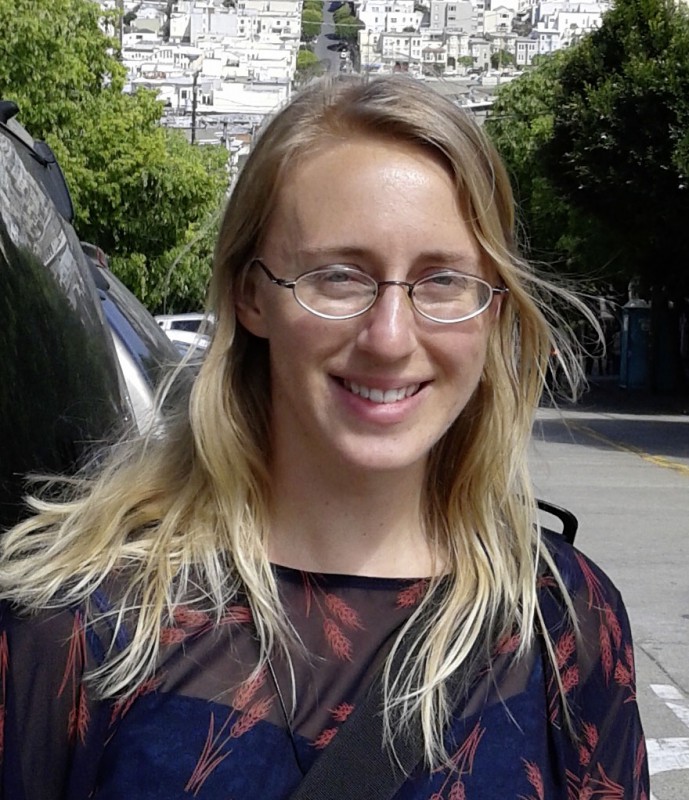Event Details

Topic description / abstract:
Humans are considered a remarkable evolutionary accomplishment on account of our large primate brains, which house roughly 80 billion neurons in a roughly 1400 cm3 space. Yet the question remains as to how such a complex organ with strict nutritional requirements was able to evolve in a terrestrial vegetarian ape. There are many obstacles to overcome in the development of a large brain, and the conditions for existence include ready access to omega-3 long chain polyunsaturated fatty acids (PUFAs), which are rare outside of marine and lacustrine resources. Integration of docosahexanoic acid (DHA: C22:6, n-3), into lipid membranes was a highly successful structural enhancement, to the degree that mammalian brain tissue maintains a strict ratio of DHA relative to other lipids. Therefore, larger brains require larger absolute amounts of DHA. Yet, animals can only inefficiently convert very small amounts of essential alpha-linolenic acid (ALA) into DHA, leaving open the question as to whether a more high-throughput system is available to large-brained mammals. In 2001, the bacterial anaerobic pathway for PUFA synthesis was discovered to use a highly conserved pfa gene complex that is disperse across wide ranging bacterial taxa. Bacteria inhabiting mammalian guts could therefore be a potential reservoir of PUFAs. This project entails an exploratory investigation of the distribution of prokaryote genes involved in lipid metabolism (synthesis and degradation) that can be found from shotgun metagenomic data and used to create association networks for diverse gut and environmental microbiomes. The hope is that the relation of host organisms to various distributions of co-correlating genes can yield a contextual map of lipid gene pathways coincident with host ecology and phenotype.
Biographical note:
Stephanie is a biological anthropologist interested in understanding the dietary landscape accessed by human ancestors that enabled the evolution of large brains and complex cognition. During her PhD, she worked with the Hadza of Tanzania to investigate food acquisition and processing behaviors in how these alter the digestibility of plant food resources, mainly underground storage organs, or tubers. Through her research on digestion, Stephanie became interested in understanding the role of the gut microbiota in human nutritional acquisition, particularly in consideration of human foragers who often rely on refractory plant resources that are high in fiber. Her research ranges from work on reconstructing ancient microbiomes from human tissue to ethnographic modeling of food processing in understanding the dietary flexibility of present day humans. In all of her work she maintains a thematic focus on the evolution of human intelligence and cognition and hopes that in some far-fetched way these pursuits could shed light on how intelligence originates in the universe.


